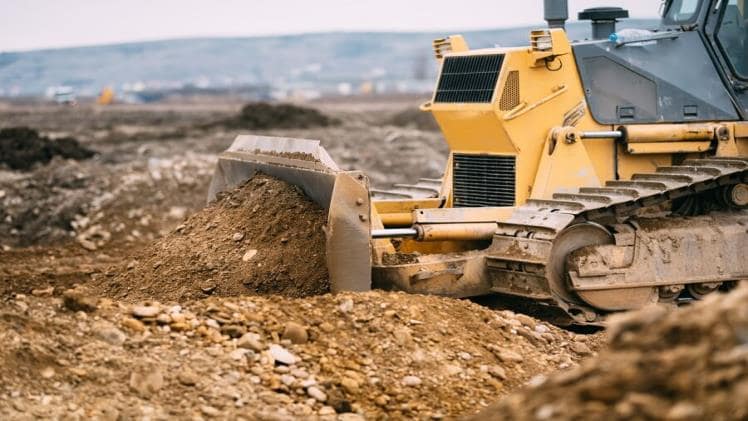A prospective project may contain bids from a variety of plant and equipment vendors. Choosing the best hiring firm for your project and overall business goals is a difficult undertaking with many variables at play. Your decision to outsource a component of your project can have a significant impact on the price and timeliness of your project. We gathered input from hundreds of projects across Australia and discovered that the six stages listed below are the most critical elements to consider before engaging in a contract.
Understand Your Project’s Specifications
You must confirm the project parameters before deciding what to hire and from whom. You may know what equipment you need, but analyzing the project specs can help you choose equipment that is more suited to working around the constraints of your job site.
Examine The Machine’s Present State
Check the condition of any equipment you’re renting. If this phase is skipped and you end up with malfunctioning equipment, you risk project delays as well as the threat of damage. Request proof of services and maintenance, which should help you decide whether the equipment has been properly cared for and provide an indicator of its performance quality.
Determine The Price
The cost will always play a big role in hiring decisions. If you want to save money, the lowest price may be your first goal. However, it’s vital to remember that in many circumstances, greater equipment means higher prices.
When deciding between high and low-price offerings, you should look at the quality of service provided by each company. If you choose the lesser cost option and risk forsaking quality machinery, you may end up with a greater charge due to project delays or hiring someone else to perform the task. When deciding between two firms of equivalent quality, with the sole variation being price, the cost is an excellent comparison tool.
Learn How The Equipment Will Be Delivered To The Job Location
Transporting equipment can be challenging and should be handled by the hiring company 9 times out of 10. Find a hiring firm that offers mob and demob services to make your life easy. If this is not done correctly, you may face project delays, equipment disruptions, and increased maintenance expenses. When you’re busy on-site organizing other areas of your project, it’s nice to know that your equipment will come, be set up, and then removed after the job is over. Suppliers such as Mektronics may greatly help your bottom line here because their closeness to project locations helps lower mob/demob expenses.
Learn More About The Company From Which You Are Hiring
The more you know about the company before you start dealing with them, the better. A solid reputation is an important sign of the quality they deliver, their track record, and the simplicity with which they function. Knowledge and experience make them more than simply a provider; they are also a resource to assist select the proper equipment, provide guidance from previous projects, and guarantee the work is done correctly.
Questions To Ask While Interviewing
- What is your equipment maintenance schedule?
- What is your reaction time if the equipment fails?
- When do you pick up and deliver?
- What are your working hours?
- How much do you charge?
- Are there any other charges?
- What is your billing policy?
- What are your return policies?
After you’ve asked the correct questions and handled all of the essential considerations for selecting your equipment supplier, you should evaluate wet versus dry hire. You must weigh both alternatives to determine which is best for your company and project.

